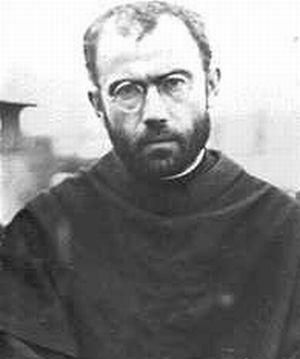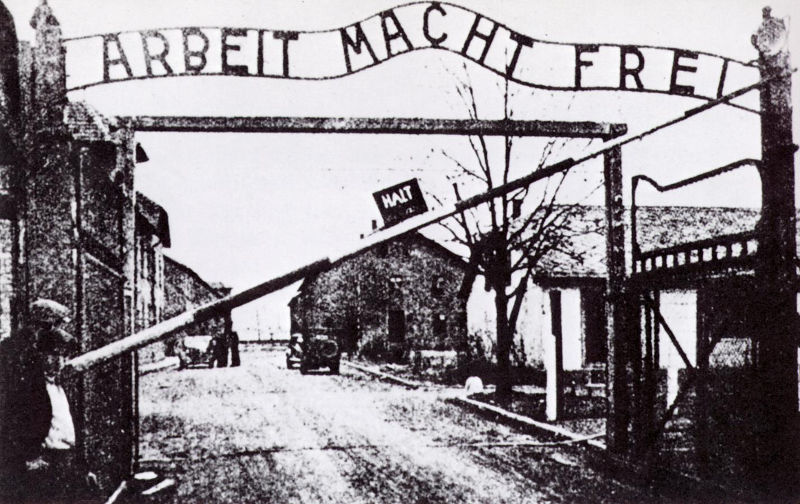 In April 13th at 20.30, the relics of St. Maximilian Kolbe, the Polish Franciscan that was called "patron of our difficult century" by St. John Paul II on the occasion of the canonization Mass (10 October 1982), were delivered to the Basilica of St. Bartholomew on Tiber Island, the sanctuary of the New Martyrs of the twentieth and twenty-first century entrusted to the Community of Sant'Egidio. St. Maximilian Kolbe entered very young the order of Friars Minor Conventual, Father Kolbe founded the "Militia of the Immaculata" a movement became very active among the rural and working middle classes of Poland, which had recently regained its independence. In 1922, Kolbe built near Warsaw Niepokalanów monastery, the "City of the Immaculate", which became a centre of religious and spiritual rebirth in an era of profound social and cultural transformations. In April 13th at 20.30, the relics of St. Maximilian Kolbe, the Polish Franciscan that was called "patron of our difficult century" by St. John Paul II on the occasion of the canonization Mass (10 October 1982), were delivered to the Basilica of St. Bartholomew on Tiber Island, the sanctuary of the New Martyrs of the twentieth and twenty-first century entrusted to the Community of Sant'Egidio. St. Maximilian Kolbe entered very young the order of Friars Minor Conventual, Father Kolbe founded the "Militia of the Immaculata" a movement became very active among the rural and working middle classes of Poland, which had recently regained its independence. In 1922, Kolbe built near Warsaw Niepokalanów monastery, the "City of the Immaculate", which became a centre of religious and spiritual rebirth in an era of profound social and cultural transformations.
Despite failing health, in 1930 Kolbe left as a missionary for Japan and India, experiencing the challenge of communicating the Gospel where it had not yet arrived. Back in Poland, he was arrested a few days after the German invasion. In 1941 Kolbe was deported to the concentration camp of Auschwitz, where on 14 August 1941 he offered his life in exchange for that of a family man, sentenced to death in "the hunger block" in retaliation after the escape of a prisoner. At Auschwitz, the place that more than others symbolises the abyss of evil of the twentieth century, "a man died, but humanity was saved", as Karol Wojtyla, then archbishop of Krakow, wrote in 1976.
 The delivery ceremony was presided over by Mons. Marco Gnavi of the Community of Sant'Egidio and Friar Marco Tasca, Minister General of the Friars Minor Conventual. The delivery ceremony was presided over by Mons. Marco Gnavi of the Community of Sant'Egidio and Friar Marco Tasca, Minister General of the Friars Minor Conventual.
With the relics of St. Maximilian, a prayer book was delivered to the basilica of St. Bartholomew, with the following handwritten dedication of 1937: "To brother Jarosław. Maria. He who loves the Immaculate devotedly will be saved, will become a saint and will lead others to sanctity. Friar Maximilian Maria Kolbe".
|

